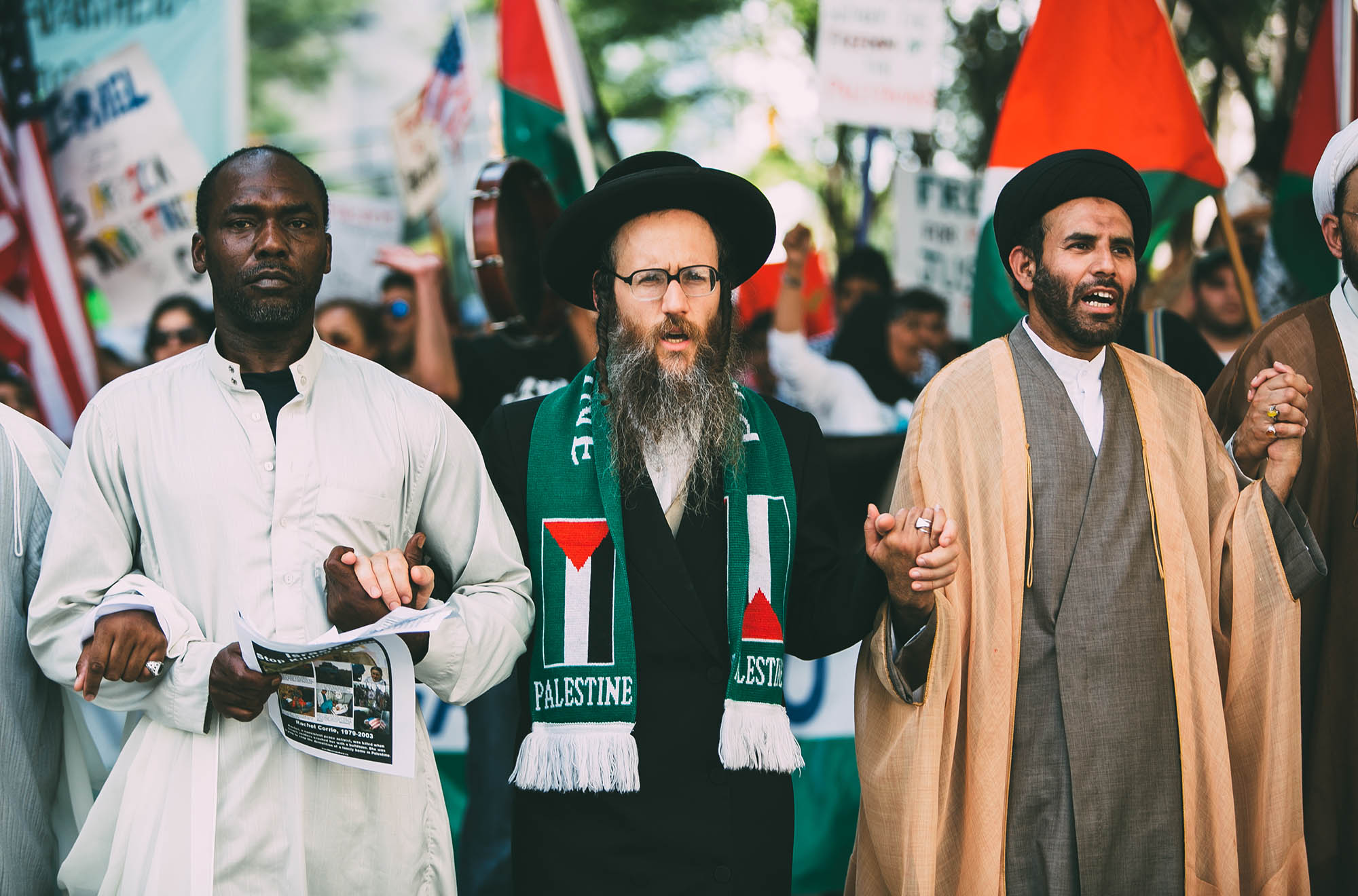After getting drunk on cheap whiskey one night in October 2016, 20-year-old Abraham Davis and his friend, Craig, vandalized Al Salam Mosque in Fort Smith, Arkansas, where they lived. Abraham drove Craig to the mosque in his mom’s van and then stood watch while Craig sprayed swastikas and curses on its doors and windows. The next day, with their crime all over the news, Abraham burned with regret.
Unemployed and with both parents on disability, seriously ill, Abraham couldn’t pay the bail bond when he was arrested, which meant he had to await his trial in jail. From there, he wrote two very contrite letters—the first to his mom, the second to the mosque—begging for forgiveness. He had never felt hostile toward Muslims, and to this day doesn’t know why he did what he did.
In his sentencing, Abraham was fined about $3200. A high school dropout and now a convicted felon, the best job he could find was a low-paying one in a gas station. Even with him working 6 days a week, his mom worried that he was at risk of missing fine payments. And missing even just one would automatically hand him a 6-year jail term.
The silver lining to this story—broken by the NY Times—is that, on reading Abraham’s letter, Dr. Louay Nassri, the mosque president, told the police the mosque didn’t want to press charges. When the prosecuting attorney refused to let Abraham off the hook, Nassri tried to have his felony charge reduced to a misdemeanor. Being unsuccessful there too, the mosque eventually decided to pay Abraham’s fines in full. They did so because the Qur’an commends forgiveness.
Dr. Nassri explained, “We did not want this to destroy his life.”
Another mosque leader said, “If one of my kids did something stupid like that I would want them to be forgiven.”
The inspiring NY Times story garnered some very helpful publicity, turning the situation into a win-win for Abraham and the mosque. Abraham’s determination to right his wrong and make the best of the cards life had dealt him earned him a new level of respect in his community. And that gave him a desire to return to school and even think of college beyond.
Though the members of Al Salam Mosque would never have wanted their mosque vandalized, their plight established a web of relationships in the community they had never before had.



